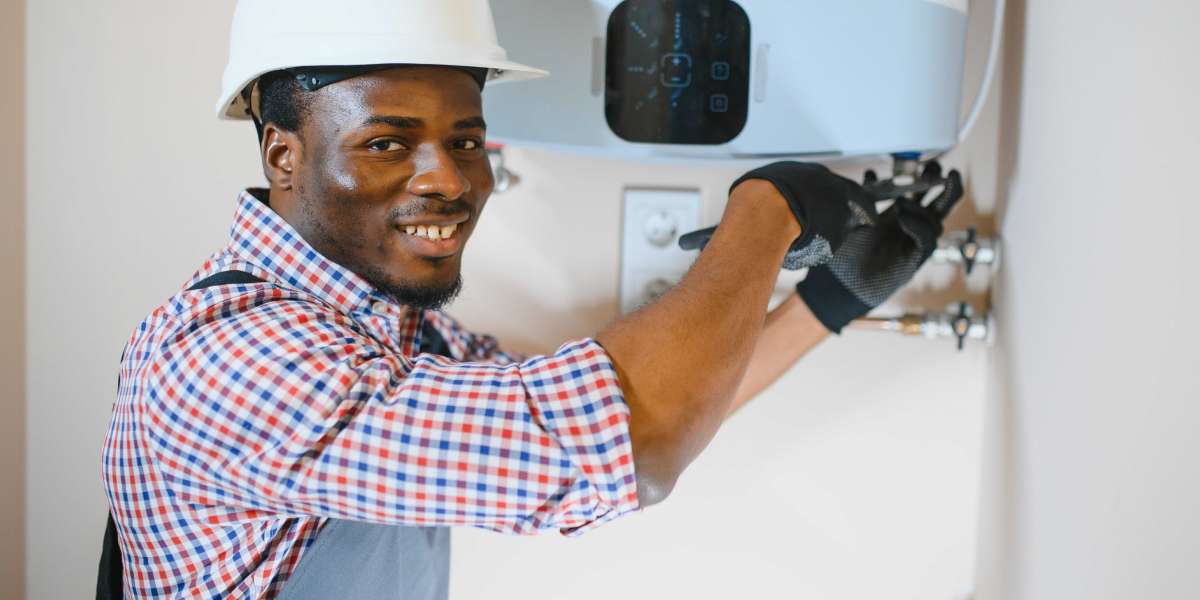 Landlords must have gas safety inspections carried out at their properties to ensure compliance with the law. They must also provide tenants with copies of gas certificates within 28 days of the date of each check.
Landlords must have gas safety inspections carried out at their properties to ensure compliance with the law. They must also provide tenants with copies of gas certificates within 28 days of the date of each check.Some tenants might be hesitant to grant landlords access to the premises for security and maintenance checks however, a tenancy agreement must permit access. However, landlords can't force disconnection of the supply.
How often should landowners get a gas safety certification?
Landlords must ensure that Gas Safe engineers inspect all appliances and flues in the properties they lease. It is a legal requirement for landlords to do this and the inspections should be conducted by an engineer who is registered with Gas Safe. If a landlord does not complete the required inspections, they could face fines or even jail time.
A landlord must arrange for a Gas Safety Check to be conducted every 12 months on their rental property. They must also give their tenants reasonable notice of when the check is due. The check must be conducted by an Gas Safe registered engineer and the engineer must possess a current Gas Safe ID card. If a problem is discovered in any of the gas installations the engineer should ensure the equipment is secure and shut it down in the event of a need.
Landlords are required to provide an annual copy of the Gas Safety record to their tenant in their tenancy within 28 days of the report's completion. They must also give copies to all new tenants at the beginning of their lease. Landlords should also ensure their rental properties are equipped with inspection hatches, so that engineers can easily access appliances.
If a landlord discovers it difficult to gain access into their rental property to conduct the necessary checks, they may try to convince the tenant to let them in. It is recommended to send a strong letter to the tenant outlining why the checks are important and asking them to allow access. If this fails, the landlord may be tempted to apply to the court for a court order to compel access.
While the landlord is responsible for examining every appliance within their property but they aren't legally responsible to check tenants' appliances or separate flues. The landlord is still accountable for maintaining pipes that connect to tenants appliances. They are accountable for any injuries caused by the pipes.
Landlords who fail to comply with the legal requirements outlined in the Gas Safety Regulations may face an enormous fine or even prison. It is essential to only hire Gas Safe engineers to perform the inspections and to issue the certificates.
How do you get a landlord gas safety certificate
Gas safety certificates are a legal requirement that landlords have to provide to tenants to ensure their safety. The certificate (also known as a CP12) certifies that the gas appliances and flues within the property have been tested and are safe for use. Landlords must give a copy of the certificate to tenants currently in residence within 28 days or to any new tenants prior to moving in. Landlords must keep a copy for a period of two years.
The cost for obtaining an owner gas safety certificate can differ greatly. The price depends on several aspects, including the location of the property and how complex the gas system is. It is crucial to search around for the most affordable deal. Some companies offer discounts for multiple inspections or bulk purchases. It is also a smart idea to select a company that is registered with the Gas Safe Register.
Landlords are required to have their rental properties checked every 12 months by a Gas Safe engineer. The engineer will examine the gas appliances, pipes and flues for safety. The engineer will also test for carbon monoxide, which is often a hidden danger in rented properties. Landlords should always make sure the engineer has a Gas Safe ID card and is fully qualified to do the job.
There are landlords who may face problems when their tenants refuse to let them in for the inspection. This can be a serious problem for the health and safety of tenants. In these cases, the landlord must prove they have made every effort to ensure compliance with the law. This may include repeated attempts and writing to the tenant explaining that the security checks are a legal requirement.
If you have concerns regarding the safety of gas in your home, contact us now. Our lawyers have experience in these types of cases and will defend your rights as a renter. You are entitled to live in a an environment that is safe and we will fight to ensure that happens.
How often should a commercial landlord be able to obtain a gas safety certification?
Landlords of commercial properties like shops, pharmacies and offices are required to get a gas safety certificate for their property each year. The purpose of the certificate is to ensure that their tenants are safe from the dangers of explosions and carbon monoxide poisoning. The safety checks are usually performed by an approved Gas safety certificate how often Safe engineer. The inspector will look at various things including the condition of pipework and appliances.
The engineer will then provide an analysis if any problems are found and recommend fixes. The landlord will then have to arrange for the work. It is important that the inspection is completed before the tenancy begins. Landlords must give their current tenants a copy of their gas safety certificate within 28 days, and issue a new copy to new tenants prior to moving in.
The regulations surrounding landlords' responsibilities are complex and often difficult to comprehend. The HSE offers free brochures that give landlords clear and concise guidelines. They are available on the HSE website. Also, the approved code of practice and a guide for landlords on the Gas Safety (Installation and Use) Regulations could be helpful.
A landlord is required to arrange annual maintenance with an Gas Safe registered engineer for all pipes and flues, appliances and equipment they own and lease out. This is a legal requirement, and landlords who do not comply may be fined or charged with a crime.
In certain situations the tenant might refuse access for a maintenance check or gas safety inspection. It can be a difficult situation, but the law requires that landlords take all reasonable measures to enforce their responsibilities. This includes repeating requests for access or writing to the tenant informing the reason why security checks are required, and seeking legal advice when needed.
The tenancy agreement should specify that the tenant is allowed access for maintenance and security checks. If not, the landlord may need to take legal actions to compel access. In these circumstances, it is important to keep in mind that the reconnection of the gas supply should be only used as a last resort and as a last resort.
How often should a landlord obtain an official gas safety certificate for a property that is sublet?
Landlords must comply with a number requirements such as ensuring the property is safe for tenants. Failure to comply with these rules could result in penalties and even imprisonment. One of the most important regulations is to ensure that gas appliances and pipes are safe for use by tenants. Landlords are required to conduct annual gas safety inspections. These yearly inspections are to be carried out on all gas appliances, pipes, and flues in the rental property. To conduct these inspections the landlord must employ a Gas Safe engineer. The engineer will give an electronic copy of the Landlord Gas Safety Record, also known as a CP12. The landlord has to provide the CP12 to their tenants within 28 days after the inspection. Landlords must also provide a CP12 at the start of any new tenancy.
The Gas Safety Regulations were recently changed, which allowed flexibility into the timing of annual gas safety checks without shortening any safety check cycles. This change was intended to lessen the possibility of non-compliance, and facilitate better maintenance planning. Landlords can now perform their annual inspections up to two months prior to the 'deadline date' (which is 12 months after the previous check).
While some landlords may choose to use managing agents, it is still their responsibility to ensure that the property is compliant with the laws. The agent will often take the responsibility for this, however it is advisable to confirm this prior to hiring anyone.
If a landlord is not in compliance with the gas safety regulations, they will be liable for prosecution. In certain cases, landlords can be punished with a fine of thousands of dollars for not keeping up with gas safety inspections and records. Other penalties may be enforced. For example the gas supply could be cut off.
 If you have experienced an New York City apartment fire caused by gas lines that are defective it is essential to consult with a seasoned lawyer immediately. A lawyer can look over the case and determine whether you have the right to take action against your landlord.
If you have experienced an New York City apartment fire caused by gas lines that are defective it is essential to consult with a seasoned lawyer immediately. A lawyer can look over the case and determine whether you have the right to take action against your landlord.







